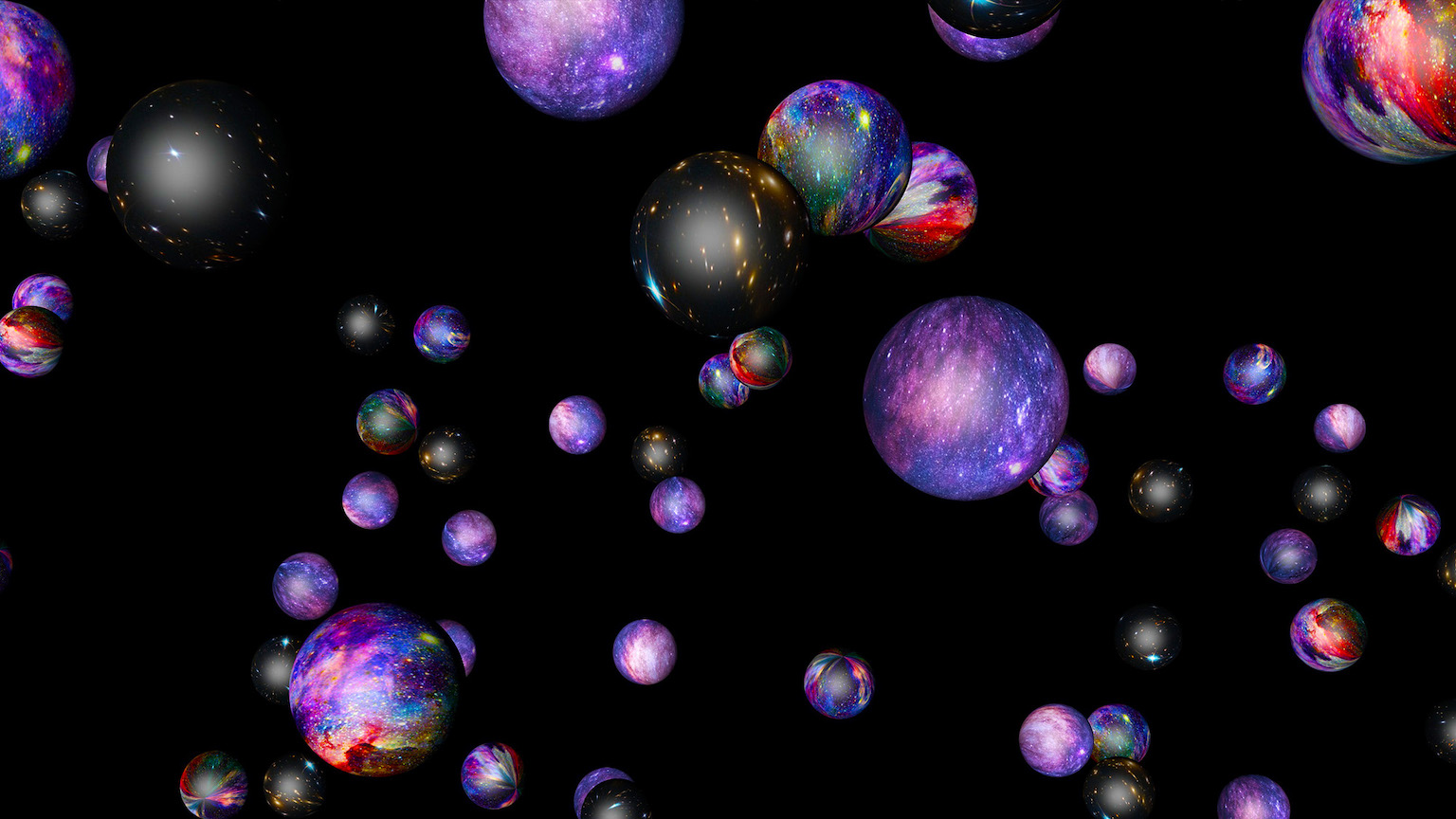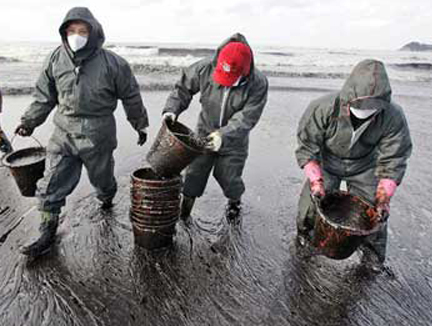William Phillips: Slowing Down Atoms With Laser Light

Nobel Prize-winning physicist William Phillips has used lasers to make atoms nearly as cold as they can possibly be—but he says he still hasn’t gotten them cold enough. “Every process for cooling either also introduces the possibility that you can introduce some extra energy into the system,” he says. “In order to take energy out, then it turns out that you open the door for energy to go in. … I can get so close to absolute zero that for many experiments, it’s basically absolute zero for all practical purposes. But not for all experiments and we are constantly working on making things colder because for some experiments, it really matters that were not quite there.”
In his Big Think interview, Phillips talks about how his research in laser cooling made atomic clocks more accurate by many orders of magnitude. Using lasers, he and his team figured out ways to make atoms slow down to the point that they were colder than anyone had thought was possible: “The prediction said that we could get down to temperatures of 240 millionths of a degree. In other words, one-quarter of one-thousandth of a degree above absolutely zero. Pretty cold, right? Well, in fact, we got a whole lot colder than that. And that was the big breakthrough discovery that made a whole lot of other things possible,” says Phillips.
Describing himself as a “person of faith,” Phillips says that science in no way makes religion obsolete—it just requires a different way of thinking. “Certain ways of interpreting certain scriptures have been made obsolete by science, but that in no way makes religious faith or belief in God obsolete, it just requires what I would consider to be a different outlook, a maturation of religious faith.
For his breakthrough in laser cooling, Phillips and his colleagues were recipients of the Nobel Prize for physics in 1997. Phillips says winning the prize changed his life “dramatically,” but that what he has found most fun is that he gets to meet people who are “actually famous,” like Dr. Ruth Westheimer.





